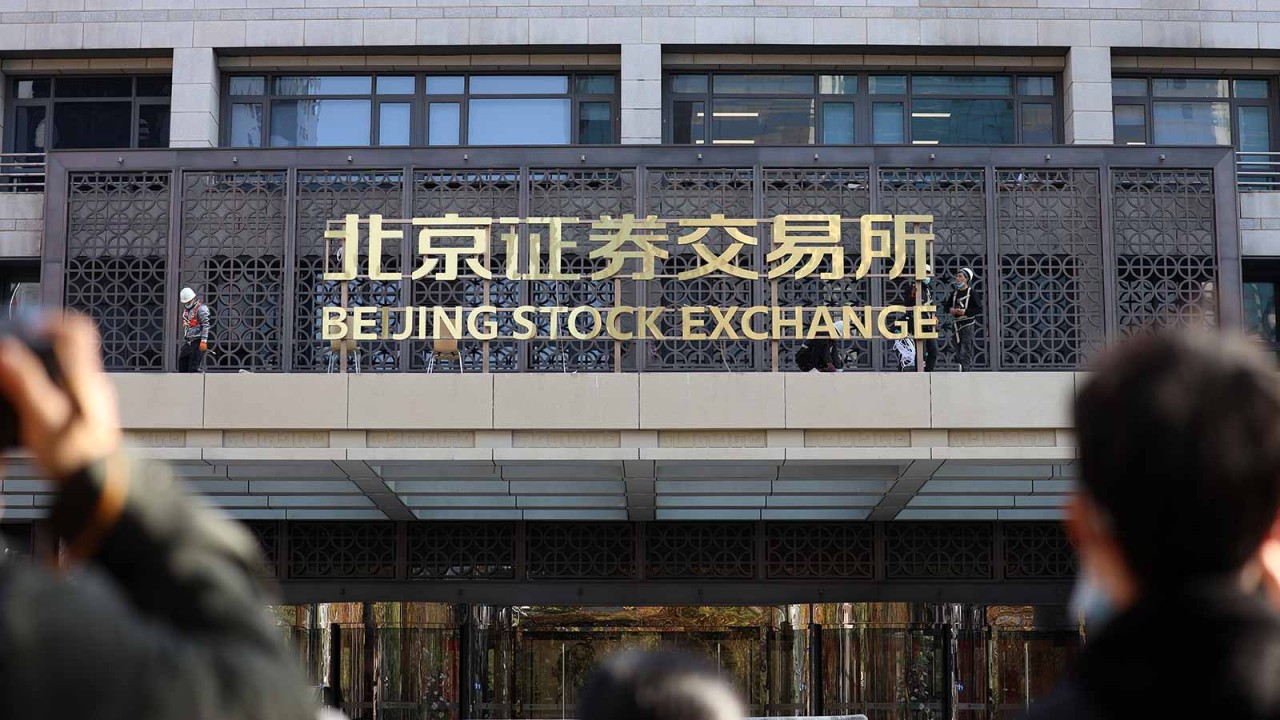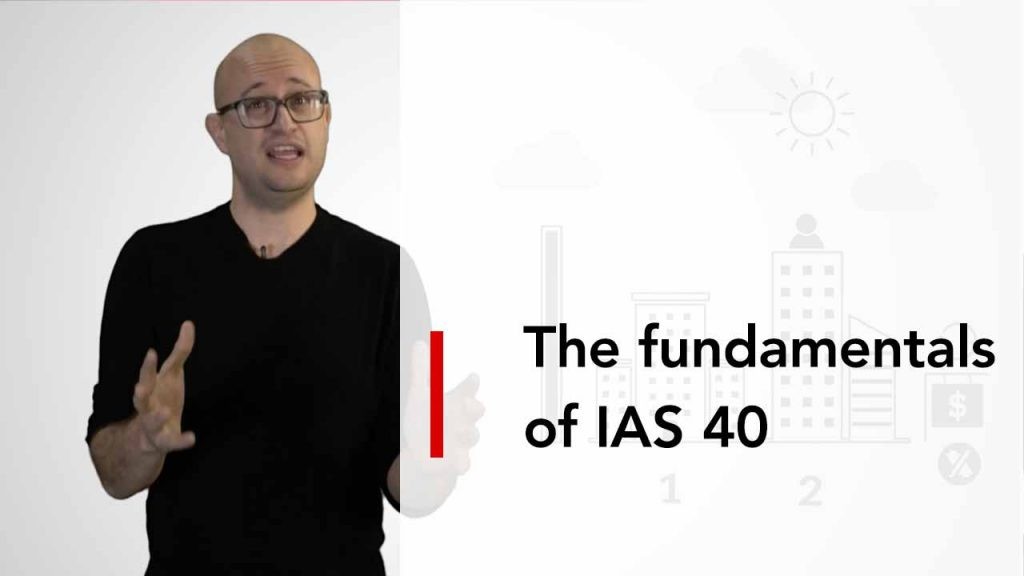
CPD
With a specific focus on selective small and medium-sized enterprises (SMEs), the Beijing Stock Exchange (BSE) is set to increase capital flow for a large number of Chinese companies.
The BSE was officially launched on 15 November 2021, with 81 stocks transferred from first-tier companies on the National Equities Exchange and Quotations (NEEQ – also known as the New Third Board) listed on the same day. Only those companies that are already listed on the NEEQ select board can be transferred to the BSE.
‘Most of the listed companies have been trading at a premium valuation’
Early signs are promising, according to Wilson Chow, PwC global technology, media and telecommunications (TMT) industry leader. ‘The stock performance has been good,’ he says. ‘Most of the listed companies have been trading at a premium valuation.’
Easier fundraising
The BSE launched following Chinese President Xi Jinping’s speech at last September’s China International Fair for Trade in Services. There, he noted that mainland China will ‘continue to support the innovative development of small and medium-sized enterprises, deepen the reform of the New Third Board and establish the Beijing Stock Exchange’.
The move is seen as an attempt to mitigate the difficulties of fundraising for SMEs. According to China’s National Bureau of Statistics, SMEs contributed 68.2% of the annual revenue for all enterprises in 2019.
NEEQ, which launched in 2013, was originally designed as an equity trading system for SMEs and consists of three tiers: select, innovation and base. However, as an over-the-counter (OTC) trading market, NEEQ has limitations.
‘Trading of shares can only be effectuated by quotation or matchmaking,’ Chow explains. ‘The liquidity of shares listed on OTC markets is relatively low and it is difficult for those companies listed there to raise funds.’
Springboard for SMEs
Chow sees the BSE as a springboard enabling companies to be formally listed on an open exchange, enhancing the liquidity of the shares as well as expanding their shareholder base.
In addition, companies listed on the BSE will be able to move to the ChiNext or STAR markets – subsidiaries of the Shenzhen and Shanghai stock exchanges – if they fulfil the boards’ criteria. However, Louis Lau, a partner in the capital markets advisory group at KPMG China, notes that those exchanges’ provision for SMEs is limited.
‘The BSE has relatively accessible listing criteria, allowing innovative enterprises more opportunities’
BSE or HKEX?
The Hong Kong Exchanges and Clearing (HKEX) is another preferred listing destination for companies. However, given the difference in listing criteria, HKEX and the Beijing Stock Exchange (BSE) will serve different types of companies, without competing with each other.
‘Hong Kong is a well-established international financial centre with access to overseas investors and a sound regulatory system, and has long been a predominant listing destination for Chinese issuers outside the A-share market,’ says Louis Lau, a partner in KPMG China’s capital markets advisory group. ‘The BSE and Hong Kong have different focuses and listing criteria. It is not foreseen that there will be significant direct competition between the two.’
Lau adds that the new exchange will bring further benefits down the line. ‘The BSE will nurture more innovative enterprises by providing them with a funding platform,’ he says.
‘The growth in the pool of quality, innovative companies in mainland China will create more opportunities and synergies for both A-share and Hong Kong markets in the long run.’
‘The STAR Market focuses on companies that are engaged in hi-tech innovation, requiring applicants to be leaders in strategic emerging industries,’ he says, adding that ChiNext operates a ‘negative list’ ruling out applications from companies in industries including agriculture, mining, textiles, construction and transportation.
Increased accessibility
By contrast, the BSE differentiates itself by its relatively accessible listing standards and wider ranges for company industries, which creates another option for SMEs.
Lau says that the focus is on new, distinctive, specialised and sophisticated SMEs, which will benefit innovative and emerging industries such as advanced industrials, TMT, healthcare and life sciences.
‘The BSE has relatively accessible listing criteria and lower profitability thresholds, allowing innovative enterprises more opportunities for listing, financing and, therefore, innovative development,’ he says.
Jiangsu Deyuan Pharmaceutical Co, one of the first tranche of companies to list on the BSE, sees the move as an opportunity to boost its research and development (R&D) capabilities.
‘We will further strengthen our R&D strength, increase our R&D investment, continue to accelerate the speed of new drug launch, continuously improve our corporate governance, better fulfil our mission of serving patients, and achieve both social and economic benefits,’ the company said in a press release.
Deeper interconnection
At a macro-capital market level, the interconnection between each exchange is also set to deepen.
Lau notes that A-share issuers are already announcing plans or submitting applications for a spin-off listing on the BSE, with the China Securities Regulatory Commission (CSRC) launching a consultation on rules regarding the transfer of listings from the Beijing Stock Exchange to other exchanges in the A-share market. ‘The rules are expected to further drive connectivity between exchanges and enhance the multilayer capital markets in China,’ he says.
The next level
The Chinese government remains focused on its Digital China and Smart Manufacturing initiatives through investments, stimulating domestic consumption, and developing hardcore technology such as semiconductors and smart manufacturing equipment.
‘The BSE will supplement the two exchanges in Shanghai and Shenzhen to enable SMEs to gain access to capital and push the companies to the next level of their growth journeys,’ says Chow.





